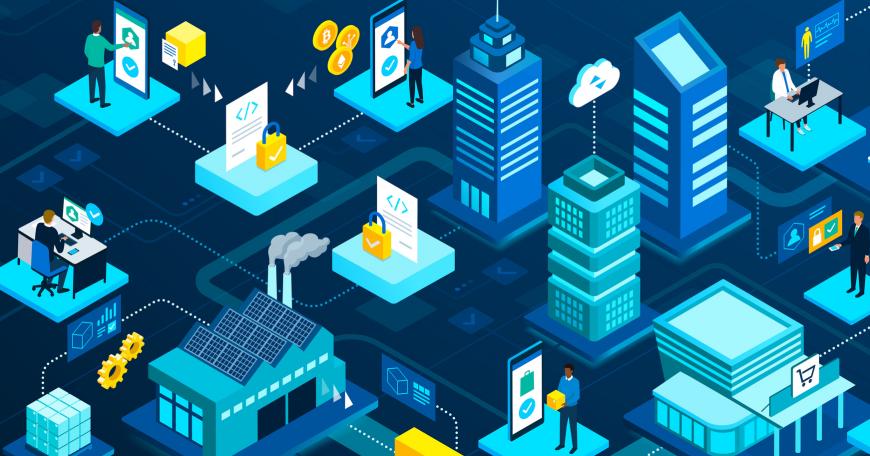in the realm of technological innovation, blockchain has emerged as a revolutionary force, extending far beyond its association with cryptocurrency. While Bitcoin and other digital currencies have taken the spotlight, the underlying technology of blockchain is reshaping industries and unlocking new possibilities. In this blog post, we’ll explore the diverse and transformative uses of blockchain beyond the world of cryptocurrency.
Decentralized Security
Blockchain’s most renowned application is its ability to provide secure, decentralized transactions. The technology’s cryptographic nature ensures that once a block is added to the chain, it becomes extremely challenging to alter. This inherent security feature is not limited to financial transactions but can be applied to various sectors, including healthcare, supply chain, and voting systems.
Smart Contracts for Transparent Transactions
Smart contracts, self-executing contracts with the terms of the agreement directly written into code, showcase blockchain’s potential for transparency and efficiency. These contracts automatically execute and enforce predefined rules, reducing the need for intermediaries. Industries such as real estate and legal services are exploring the benefits of smart contracts to streamline processes and minimize disputes.
Supply Chain Optimization
Blockchain’s decentralized and tamper-resistant ledger is a game-changer for supply chain management. It enables real-time tracking of goods, from manufacturing to delivery, reducing the risk of fraud and ensuring the authenticity of products. This transparency enhances efficiency, reduces costs, and builds trust among stakeholders.
Identity Management and Verification
Traditional identity management systems often fall victim to data breaches. Blockchain offers a more secure alternative by providing a decentralized and immutable database for identity verification. Users have control over their personal information, and businesses can streamline identity verification processes while reducing the risk of fraud.
Healthcare Data Interoperability
In the healthcare sector, interoperability of patient data is a significant challenge. Blockchain can facilitate secure and efficient sharing of medical records among healthcare providers. Patients gain more control over their health information, and healthcare professionals can access accurate data in real-time, leading to better patient care.
Tokenization of Assets
Blockchain enables the fractional ownership and tokenization of assets, making investments more accessible to a broader audience. Real estate, art, and even intellectual property can be divided into tokens and traded on blockchain platforms, democratizing access to traditionally exclusive markets.
Conclusion
Beyond its association with cryptocurrency, blockchain stands as a transformative technology with vast potential. From decentralized security to supply chain optimization and identity management, the applications of blockchain are reshaping industries and fostering innovation. As we navigate the digital landscape, understanding and harnessing the power of blockchain can open doors to a more transparent, efficient, and secure future.

